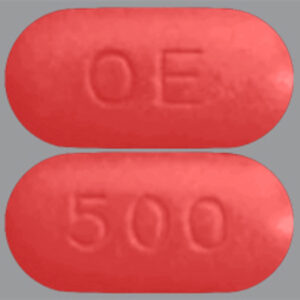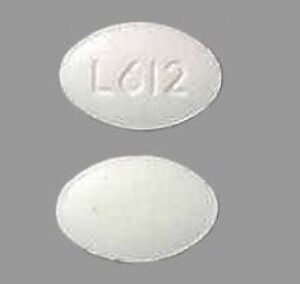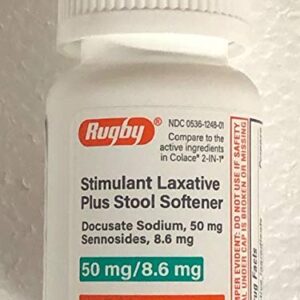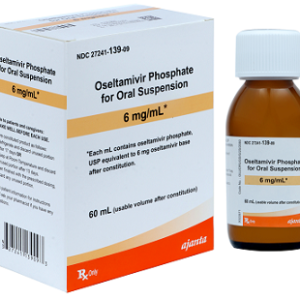Action
Today, the U.S. Food and Drug Administration (FDA) approved Jascayd (nerandomilast) tablets to treat idiopathic pulmonary fibrosis (IPF), a rare, serious, and progressive disease with no cure and limited treatments. This is the first new therapy approved in more than 10 years for IPF.
Disease or Condition
IPF affects the tissue surrounding the air sacs, or alveoli, in the lungs. It develops when this lung tissue becomes thick and stiff. Over time, these changes can cause permanent lung scarring (fibrosis) that makes it more difficult to breathe. The most common symptoms are shortness of breath and cough. IPF progression varies, and scarring may happen slowly or quickly. Many people with IPF also experience acute exacerbations, in which symptoms suddenly intensify. IPF is diagnosed most often in people in 60 to 70 years of age.
Data Supporting Jascayd
The efficacy of Jascayd was evaluated in two randomized, double-blind, placebo-controlled trials of adults with IPF. The primary endpoint was the absolute change from baseline in Forced Vital Capacity (FVC) — the maximum amount of air a person can forcefully exhale after taking the deepest possible breath — Individuals taking Jascayd had a significantly smaller FVC decline when compared with placebo-treated patients.
The recommended dosage for Jascayd is 18 mg orally twice a day, approximately 12 hours apart. Jascayd dosage may be reduced for intolerability to 9 mg twice daily, except in patients also taking pirfenidone.
Safety Information
The most common side effects (≥5%) associated with Jascayd are diarrhea, COVID-19, upper respiratory tract infection, depression, weight decreased, decreased appetite, nausea, fatigue, headache, vomiting, back pain, and dizziness.
Today’s approval furthers FDA’s longstanding commitment to support treatment options for patients and advances in health care for the American public.
-
Content current as of:
10/07/2025






